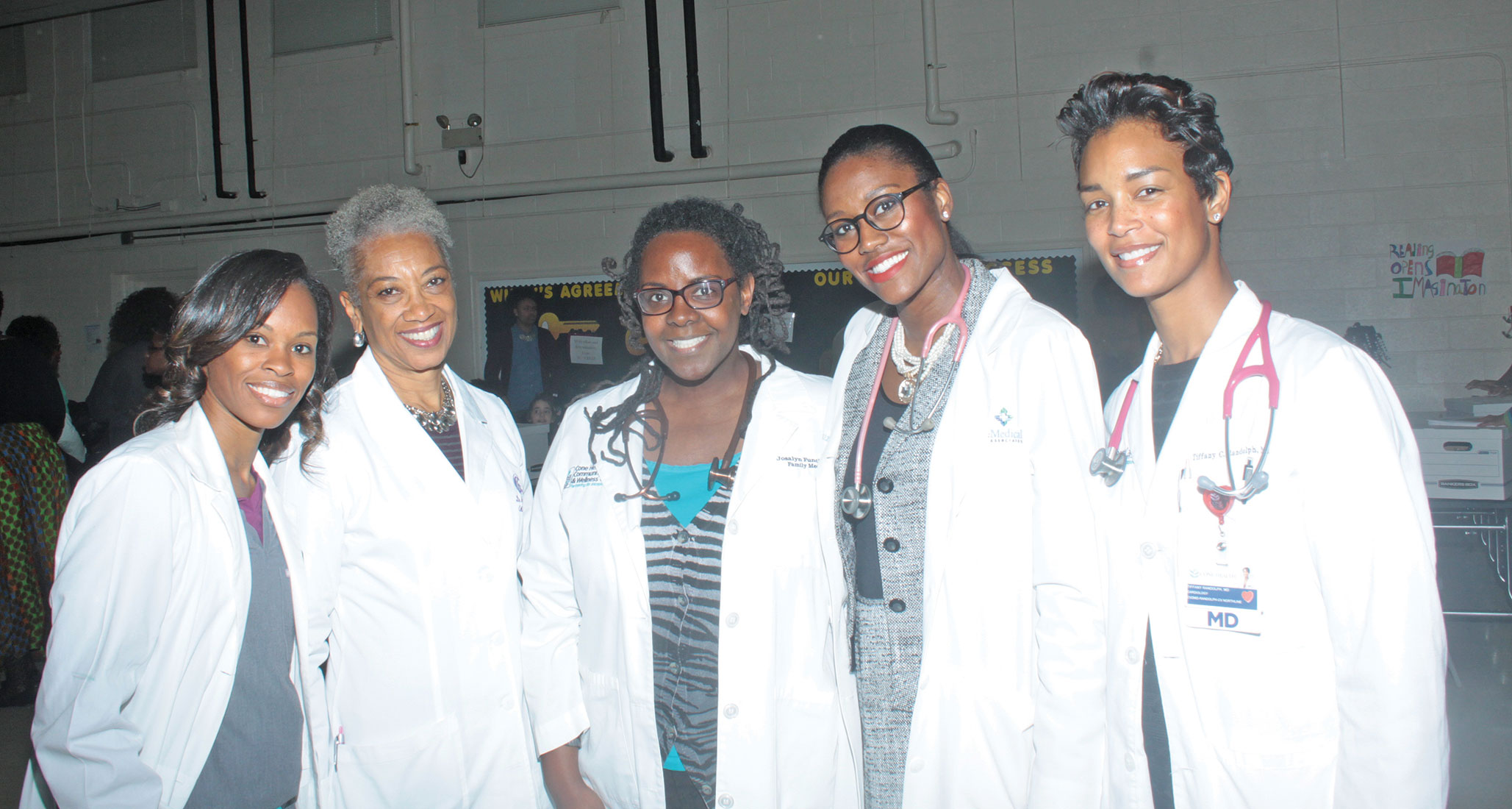
South African Doctors Criticise United Kingdom for Poaching Health Workers from Poorer Countries
Two doctors have written a scathing letter in the South African Medical Journal, criticising the United Kingdom for hiring a disproportionate number of health workers from foreign countries.
Professor Johannes Fagan from the University of Cape Town and Professor Mahmood Bhutta from the Royal Sussex County Hospital wrote: “The UK already has one of the highest proportions and overall numbers of overseas-qualified doctors in its workforce, yet continues to actively encourage and support overseas health workers to relocate.
Current UK immigration rules recognise all medical practitioners (as well as nurses, paramedics, radiographers, occupational therapists, and speech and language therapists) as shortage occupations, and for migrants offered such a post in the National Health Service (NHS) grant a reduced visa fee and support with relocation.”
They point out that a recent report by the UK’s General Medical Council (GMC) “suggested that ‘overall numbers will need to rise further'”. The GMC report stated that the UK will require “a continuation of the large number of doctors from overseas joining our workforce”.
This position, Fagan and Bhutta, wrote “seems insensitive to the well-documented and morally questionable problem of ‘brain drain'”.
The authors criticise the years-long practice of the UK government’s active recruitment of health workers from overseas to fill in the gaps in the British health system.
They point out that in 2019 nearly 35% of doctors licensed to practice in the UK had obtained their qualifications overseas.
Statistics on the UK’s National Health Service (NHS) show that over 170,000 of the 1.28 million staff are from other countries, nearly 14%. About 67,000 are from other European (EU) countries and a further 64,000 are from Asia.
About 1,719 are from South Africa, 806 from Kenya, 4,192 from Zimbabwe and 8,241 from Nigeria. The House of Commons reports that the proportion of non-EU nurses at the NHS rose from 8% in 2015 to 22% between 2019 and 2020.

